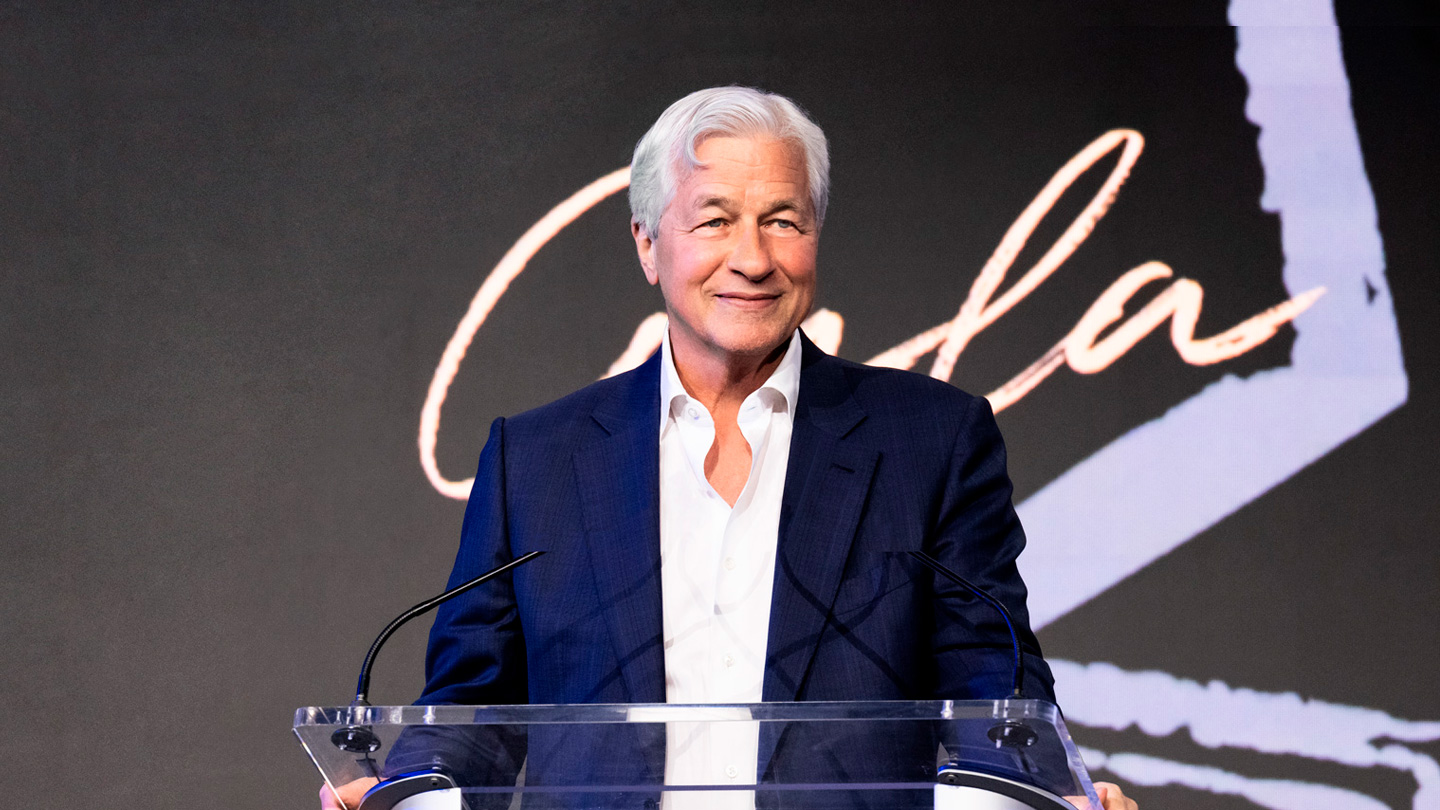To meet the needs of a rapidly changing economy, many companies are rethinking the way they hire. At JPMorgan Chase, the shift in recruiting has changed the discussion about the future of work by focusing on skills, not just degrees. In 2022, 75 percent of job descriptions at JPMorgan Chase for experienced hires did not require a college degree. The company has also expanded its talent pipeline by sourcing, attracting, and training young people for the jobs of tomorrow, offering recruiting and apprenticeship programs that start as early as high school.
This shift for employers and employees has the potential to significantly close the current gap between available jobs and qualified workers. Investing in training and upskilling talent beyond those who meet certain academic credentials provides career development opportunities to more people, helping to strengthen the U.S. workforce and the economy.
According to recent data, nearly 9.6 million jobs continue to go unfilled, while close to 6.4 million people continue to seek employment in the United States. There are many reasons for the current discrepancy, but one of the biggest is a mismatch between job requirements and applicants' skills. That's why a growing number of experts increasingly believe a skills-first hiring approach is the best solution to employment challenges.
Studies also show that about 62 percent of working-age Americans don't have a college degree. Making a degree a requirement for a job prevents this large group of people from applying, limiting their economic opportunities.
“One of the biggest barriers facing young job seekers today is the lack of skills and workplace experience," says Kyla McNally, head of early careers at JPMorgan Chase. “There is no one way to build the skills and experience for the jobs of tomorrow, but early exposure to the workplace and hands-on industry experiences increase career and college readiness and puts students on a path to success."
Meet Hawa Fisiru
Hawa Fisiru, a 17-year-old high-school senior in New York City, is one of the many young people participating in a career readiness program at JPMorgan Chase. She takes classes at her public high school in the morning and then heads to her apprenticeship on the foreign exchange (FX) prime brokerage desk in the afternoon. Fisiru said that before this work experience, she knew she was interested in finance, but she didn't know what an FX team did. That's no longer the case.
“I'm treated like an adult when I come to work," Fisiru says. “I have supportive mentors, and I've been learning so many things—from technical skills, working with spreadsheets, to communication skills, asking for feedback from my team. Walking around the office, I feel like I belong here."
Fisiru's apprenticeship is part of a three-year applied-learning program run by CareerWise New York. It offers high-school students paid part-time work experience along with the opportunity to receive debt-free college credit, relevant skills, and nationally recognized industry certifications in tech, financial services, and business operations.
“We know people learn in different ways and that one pathway, like college, can be limiting," says Marie Adolphe, chief program officer at CareerWise New York. “We need to open the aperture and allow all students to reach their potential. Our apprentices step into their roles when they're 16, and by the time they leave three years later, they're transformed in who they are as individuals and in the kind of work they can produce for employers."
Since the launch of the CareerWise program in 2019, more than 130 CWNY apprentices have started their professional journey at JPMorgan Chase, working in offices across Manhattan, Brooklyn, and Jersey City. The apprentices work as junior coders and junior project coordinators and in other operations roles.
“This apprenticeship has really broadened my idea of what a job can be," Fisiru says. “I know I want to do something with financial services. I want to give back to my community. And I know I have the skills I need to be successful."
Briana Peterson, CareerWise New York program coordinator at JPMorgan Chase, has seen the program's value since it started. “Our apprentices leave with a better understanding of who they are, the types of careers they want to pursue, and the skills to succeed in them," she says.
Preparing more students for the future of work is a collaborative effort, and JPMorgan Chase has long recognized the power in bringing together partners from the public and private sectors to drive impact at scale. The company also weighs in on policy solutions that help these sectors work together to connect education to training opportunities and help widen the availability for modern apprenticeship programs.
The Real Impact
JPMorgan Chase has been investing in emerging talent programs like CareerWise New York for more than 15 years as part of its talent-acquisition strategy, and it's an area of impact that continues to expand. One of its longest partnerships has been with Year Up, a one-year, tuition-free workforce development program for young adults that launched in 2007 at JPMorgan Chase.
“We've served more than 40,000 young adults, with high-school diplomas or GEDs, from all backgrounds through our program. JPMorgan Chase welcomed about 300 interns in 2022," says Ramon Velarde, senior director of national corporate partnerships at Year Up. “We have a conversion rate to employment of about 65 percent with the firm. Many of the people we've served are now leaders and employees at other companies as well, proving that alternative pathways can lead to successful careers."
One Year Up participant, Joanna Torres, is now a vice president and business analyst at JPMorgan Chase, as well as the co-founder of the company's Year Up alumni program. She credits the training program, which she did right after high school, with transforming her career.
“In every single role I've had here, through every promotion, I've learned on the job," Torres says. “At every step, someone else at the company has said, 'You know what? You're driven. You're interested. You're curious. If you want to try this, we'll teach you.'"
The Ripple Effect
Early career training programs led by organizations like CareerWise New York and Year Up can change lives. They help young people enter a corporate setting, meet mentors, gain skills, and learn about different career pathways. These programs also have the potential to help more companies widen and diversify their talent pipeline.
“It's a win-win situation," says Daniel Clarke, executive director and global head of emerging talent at JPMorgan Chase, who has risen to leadership roles after starting his career in an entry-level job 23 years ago. “Our commitment to emerging talent initiatives is a strategic business decision. It's one of the ways we build a highly skilled workforce for our own firm, but it's about more than that.
“When people have access to better-paying jobs, they're able to save, invest, and buy homes. The ripple effect of our emerging talent programs really transcends an individual, benefitting our economy and our society."
Learn more about how JPMorgan Chase is boosting career readiness for the jobs of today and tomorrow.
EoE Disclaimer: All qualified applicants will receive consideration for employment from JPMorgan Chase without regard to race, color, religion, sex, sexual orientation, gender identity, national origin, disability, or status as a protected veteran.
A version of this story originally appeared in Atlantic Re:think, a creative marketing studio.




